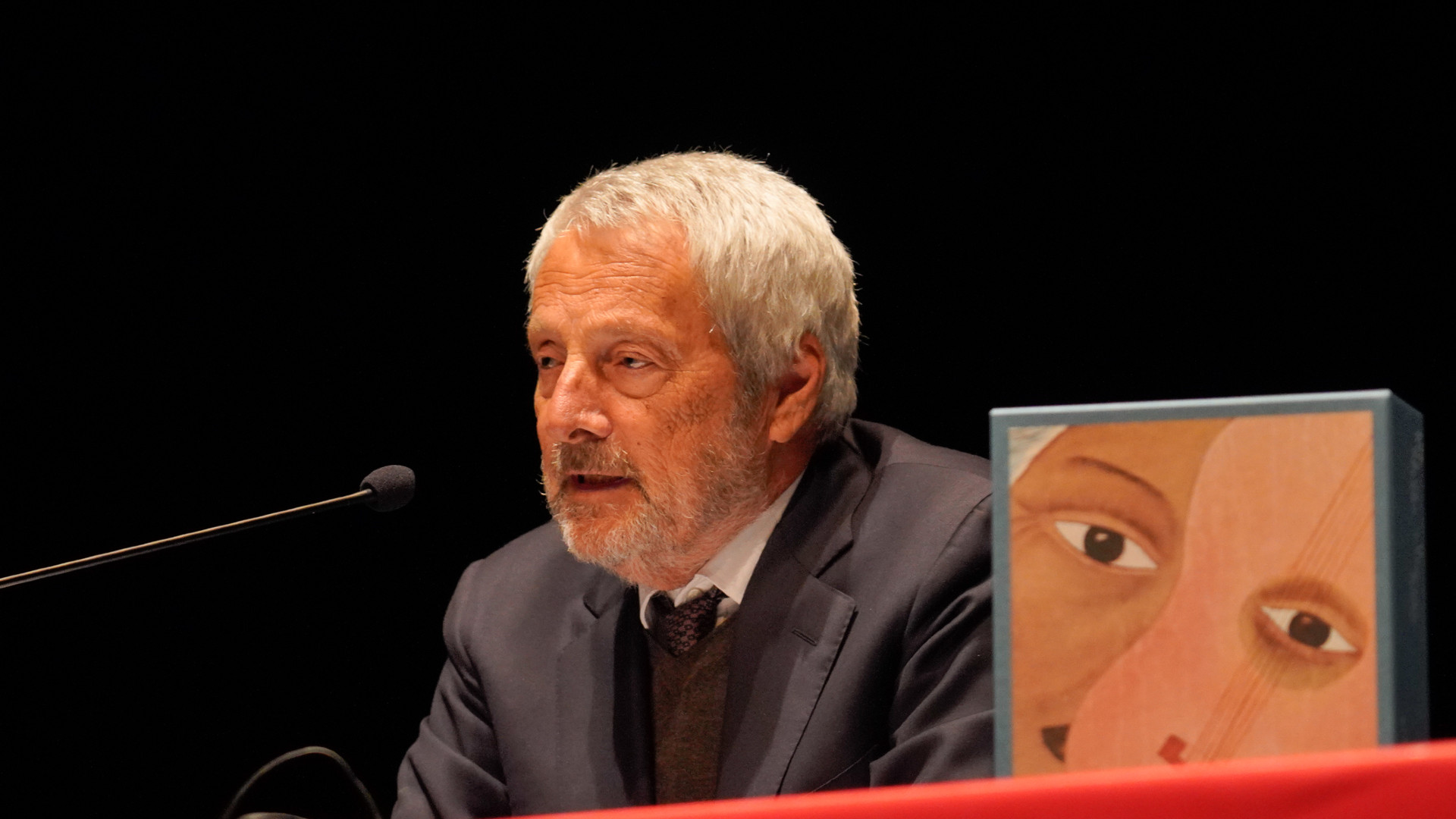
Roberto Cicutto was born in Venice in 1948, though lived in Rome most of his life. He came back to his hometown in 2020 as the President of the Biennale Foundation to succeed Paolo Baratta, whose long, momentous term Cicutto took as an inspiration. The focus of the Biennale will be on the many languages of creativity, paying no attention to any fences between them and building new itineraries to share the potential of art, architecture, dance, music, theatre, and cinema. “126 years of Biennale history show how its modernity cuts across the many forms of art it represents. The Biennale fosters teaching, thinking, provoking by artists from all over the world. If I were to name one thing that over the first few years as President touched me, that would be understanding what powerful point of observation the Biennale is: a geopolitical map of the world that puts together diverse realities from economic, political, and human points of view, given how participating artists come from such diverse places to eventually meet here in Venice.” Cicutto’s career is all about cinema: he is a film producer with his own distribution company (Aura Film, established in 1978) and production company (Mikado Film, established in 1984). Cicutto’s business produced and distributed some of the most influential directors from Italy and abroad. In 1993, together with Angelo Barbagallo, Nanni Moretti, and Luigi Musini, he founded Sacher Distribuzione. He partnered with Ermanno Olmi in production company Cinemaundici. His experience earned him, over the year, prestigious positions in Italian and European cinema. In 1994, to celebrate the 100 years since the invention of cinema, he received Italian state honours as Commendatore together with other filmmakers. In 2009, he directed the Film Market at the Rome Film Festival. He is a council member at Atelier du Cinéma Européen, European Film Academy, and the Experimental Film Centre – Italian National film school. For eleven years, he was board president and CEO of Istituto Luce—Cinecittà srl, which under his tenure, regained prominence in the world of Italian cinema.